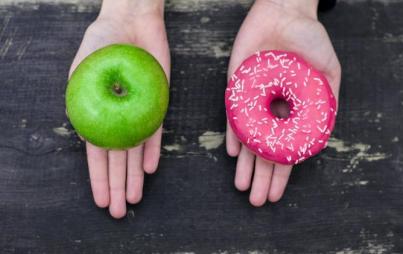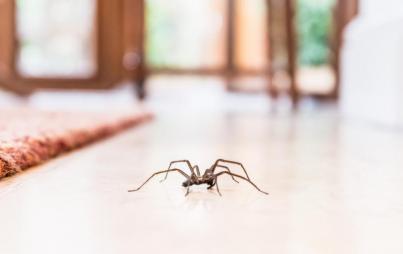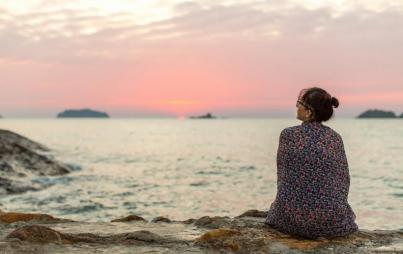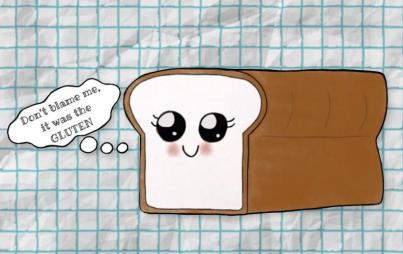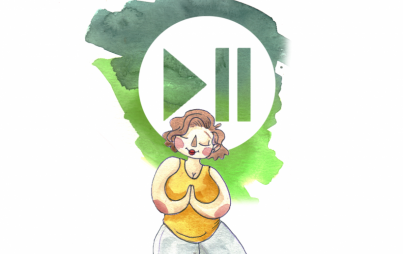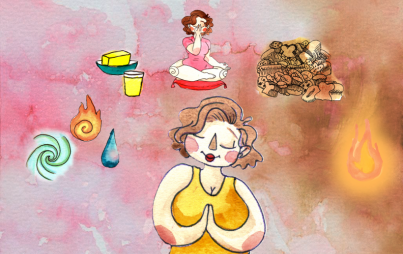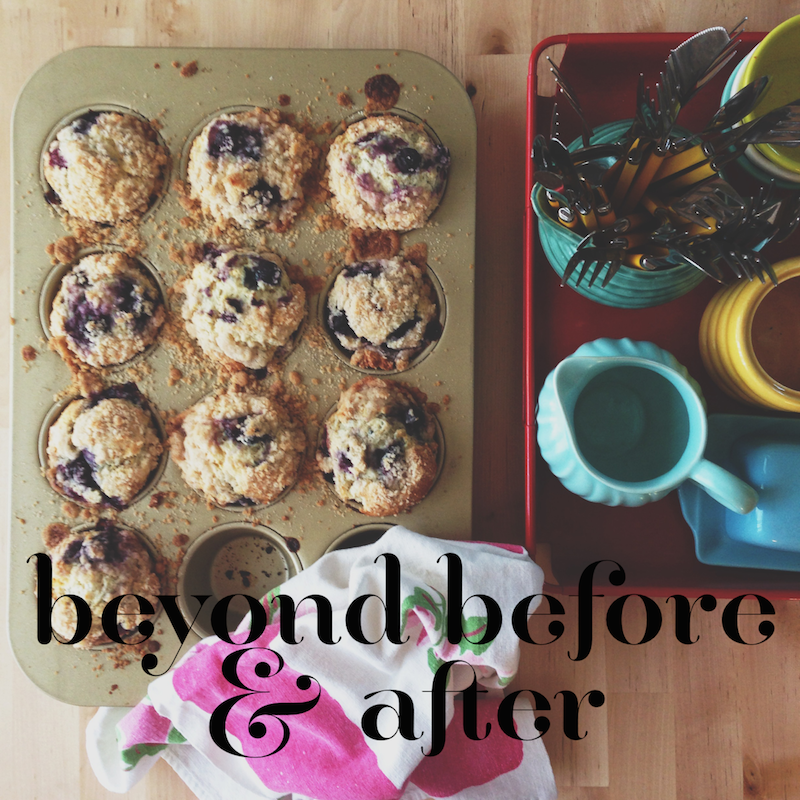
I’ve never trusted my body — at least not in the time I have real memories of having feelings about my body. I suppose, like most women, my suspicions about my body’s capability to do literally anything started with my mother.
My mom made a truckload of mistakes raising me, but this is one that wasn’t malicious. I’m sure she learned how to hate herself from her mother. Where my grandmother learned it, I can’t be sure, but I do know it wasn’t born from the ashes.
It was created — nurtured, fed, and watered — by someone or something.
I was the last one picked for classroom sports teams in grade school. What cruel human developed the system of choosing a team “captain” (usually the biggest playground asshole), and then putting this 9-year-old in charge of choosing a team of other kids? There was no winning this game for me. I was a short sack of skin covering some tiny bones. If my skeletal stature wasn’t enough, I had a profound fear of anything round and/or being thrown in my direction.
I never trusted my body enough to even catch a ball. I spent my recesses lying across a hot rubber swing, drawing stick figures in the sand, hoping no one would challenge me to a tetherball game. I was everyone’s favorite person to challenge to a tetherball game — small, slight, athletically inept, and too frightened to say no.
I never trusted my body to eat. Food was never just fuel; it was morality, risk, fear. Eating was never just consumption, it was an emotionally charged act. In the absence of trust, I found manipulation.
Manipulating my food to manipulate my body was an ineffective coping mechanism, but a coping mechanism just the same.
If you can’t trust your instinct, you can at least try to construct a new one.
Do people even know what it’s like to listen to the signals from within our own bodies? The hunger signals driven by your hypothalamus need no prompting, but it seems like we do. I’ve spent so much of my life manipulating my calories, my body has been permanently muted.
The act of intuitive eating is an attempt to return to that forgotten baseline, an opportunity for a reset.
But is it really just a diet in disguise? Is it another way to manipulate your intake? Another opportunity to feel like you’re failing?
If this is the first you’re hearing of this, I apologize: Intuitive eating is not a diet.
Kelsey Miller spent a year eating intuitively, documenting her process in a column for Refinery29. Then she wrote a book about it. And I bought the book she wrote.
Intuitive eating sounded to me like some new woo way to eat. But I read the book and decided it sounded alright — not entirely weird, not entirely impossible. So I bought the actual Intuitive Eating book, too.
Could intuitive eating be the thing I’d been missing? Could this be the non-diet that would change me from the woman who collapses at the sight of buttercream to a woman who eats when hungry, stops when full, and otherwise does not spend every waking moment thinking about food in both abstract and absolutes?
But even more importantly, would I lose weight?
If not, sell that snake oil elsewhere. That just sounds like “eating” to me. I can do that without the direction of two women who probably aren’t even a little fat.
But not really because I haven’t just “eaten” food in over 30 years. Every bite is an accumulation of calories, nutrition, emotion, morality. Everything I put into my mouth is scrutinized; not to examine its taste or texture, but to decide if I have earned it, if I am worth it.
I don’t know how to eat.
And so, as you might imagine, I was disappointed to find that weight loss is not an objective of intuitive eating. If this is the first you’re hearing of this, I apologize: Intuitive eating is not a diet.
Or at least it’s not supposed to be.
What it is:
A way of eating that honors food and the needs of your body. IE doesn’t not moralize food — ice cream is not “bad,” carrots are not “good.” Intuitive eating doesn’t limit or restrict calories or attempt to modify dieting in any manner with weight loss as the objective.
What it is not:
A diet.
I like to obsess over everything, so that’s how I approached intuitive eating too. Instead of obsessing over the guilt of every bite, I obsessed over the emotion of every bite. This is not the point, but sometimes it takes me a while to get even the most simple things figured out.
Last week I started the Stop Fighting Food Master Class with Isabel Foxen Duke (who we interviewed on Ravishly's very own Body Talk podcast). We talk about intuitive eating in the Master Class. Isabel also says intuitive eating is not a diet. And she’s a professional, so I can’t even pretend I don’t know it now.
I’ve been doing the intuitive eating thing for a few months now, well before the class. For me this has looked like, looking into my fridge and deciding if I want eggs or cake, yogurt or sausage. Cheese. Ice cream.
It hasn’t (yet) cured me from food obsession. It hasn’t solved my anxiety around food; occasionally I’ve found that trying to listen to my body to find out what it wants to eat only adds stress. Because what if my body doesn’t know?
For example, the other day I cried because I wanted muffins. I wanted to make them gluten free, and I did (which is to say, I felt obligated to make them gluten free, and I did). I spent a ridiculous amount of time creating a chickpea flour recipe, time I could have used to watch Grey’s Anatomy. But when the muffins came out of the oven I wanted just a regular muffin. But I didn’t want to want the muffin, and down I went into the shame spiral.
This "trusting my body to know stuff" is a thing Isabel is going to help me learn. I haven’t told her yet that I have OCD (to be fair though, we are friends, so she probably already knows). It might be hard to teach me this.
Also, the muffins tasted like beans. This is not a good flavor for muffins.


